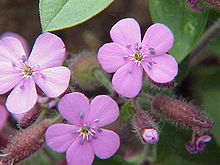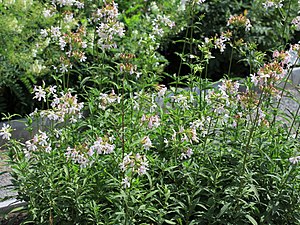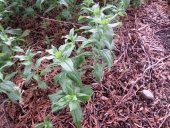
 7
7




Solar chef, entrepreneur, digital nomad, polymath. The more you know, the more you can get done.
 3
3




Creating edible biodiversity and embracing everlasting abundance.




 Happy you like the topic.
Happy you like the topic.
Solar chef, entrepreneur, digital nomad, polymath. The more you know, the more you can get done.
 1
1





Invasive plants are Earth's way of insisting we notice her medicines. Stephen Herrod Buhner
Everyone learns what works by learning what doesn't work. Stephen Herrod Buhner




Solar chef, entrepreneur, digital nomad, polymath. The more you know, the more you can get done.
 2
2








Solar chef, entrepreneur, digital nomad, polymath. The more you know, the more you can get done.

|
A smooth sea never made a skillful sailor. But it did make this tiny ad:
Homestead Pigs Course
https://permies.com/wiki/365748/Homestead-Pigs
|







